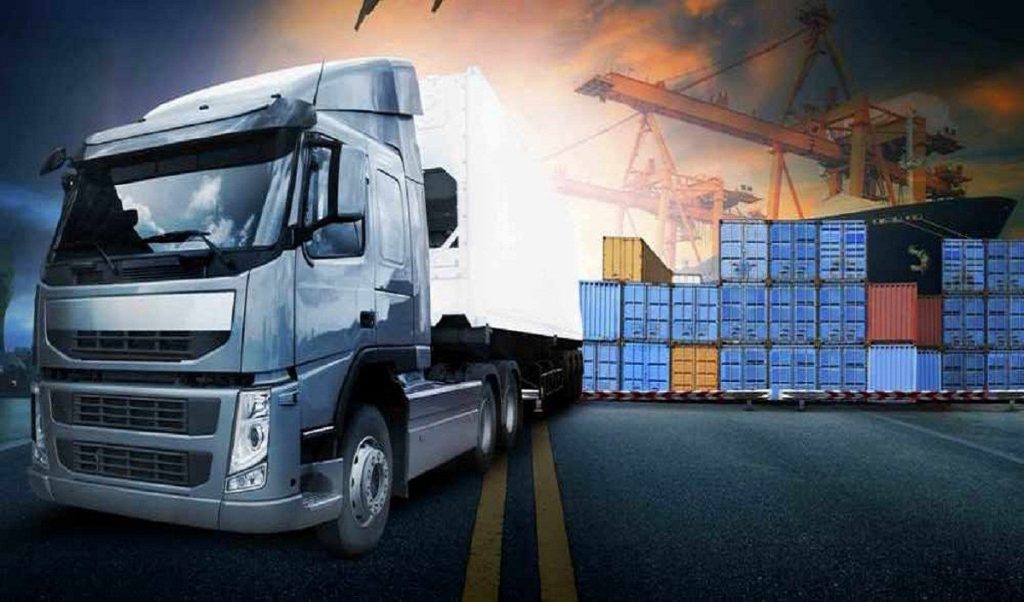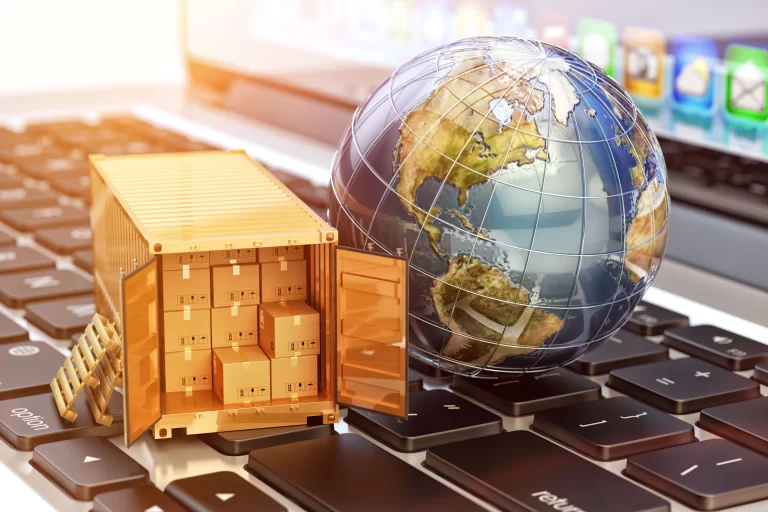Shopping is no longer the usual act of buying and selling in the current world where everything is fast moving. Shopping is experiencing a continuous change and this is because of the growth in technology and consumer demand. Today, retailing is in the process of receiving a new face of its operation as logistics is slowly changing the way consumers buy, access and interact with products.
The merits of revolution in the retail logistics
The rise of digital transformation
Technology has become the key element in retail logistics in the modern world. The ecommerce platforms as well as the tracking systems have revolutionized how consumers perform their purchases and how firms work. Today’s warehouses are employing new working methods to finish orders faster and with a very high level of accuracy. Some companies have brought in new strategies with same day or two hour delivery in most cities.
Innovative delivery methods
Delivery methods used in the past are getting outdated very fast. It’s now clear that drones, autonomous vehicles, and smart lockers are concepts which can transform delivery. Many urban centers today have drop off points and self service collection points which make it easy for consumers to get their items.

Personalization and customer experience
Logistics is not just about transporting products: it is all about creating a personalized experience. Modern data analysis enables organizations to predict consumers’ behavior, control inventory, and provide appropriate delivery services. Customers can now select an exact delivery time, monitor delivery progress in real time, and even change delivery instructions with a few swipes on a smartphone. Nobody could imagine this level of personalization some years ago.
Sustainability in logistics
Environmental issues are the major factors that influence changes in retail logistics. Leading retail chains are now aiming at reducing the environmental impact in the form of emissions by incorporating strategies like shared shipping and packaging material of recycled nature. Thus, the future of logistics is going to be sustainable, effective and free from negative effects for the environment.

Challenges and opportunities
There are certain issues that the retail logistics sector encounters despite the great progress. The challenges include; cybersecurity threats, challenges experienced in the last mile delivery, and the constant necessity for technology upgrades. But these are the challenges which are also opening up opportunities for some really good innovation. Newer firms are emerging as the innovators, closely associated with technology firms and are establishing good delivery strategies.
Global connectivity and logistics
The global society is more connected than it has ever been. Today the supply chain is connected through real time communication technologies, which allows a business to track a product from production to delivery. Shipping across the globe has become faster and there is transparency in the process while customs formalities are also online. Small businesses can now compete internationally because of the advanced logistics technologies available in the market.
Summary
The change in retail logistics is an evolutionary process that is still in progress. Companies which adapt to the change, begin using new technologies early, and focus on customers will benefit from this new environment.









